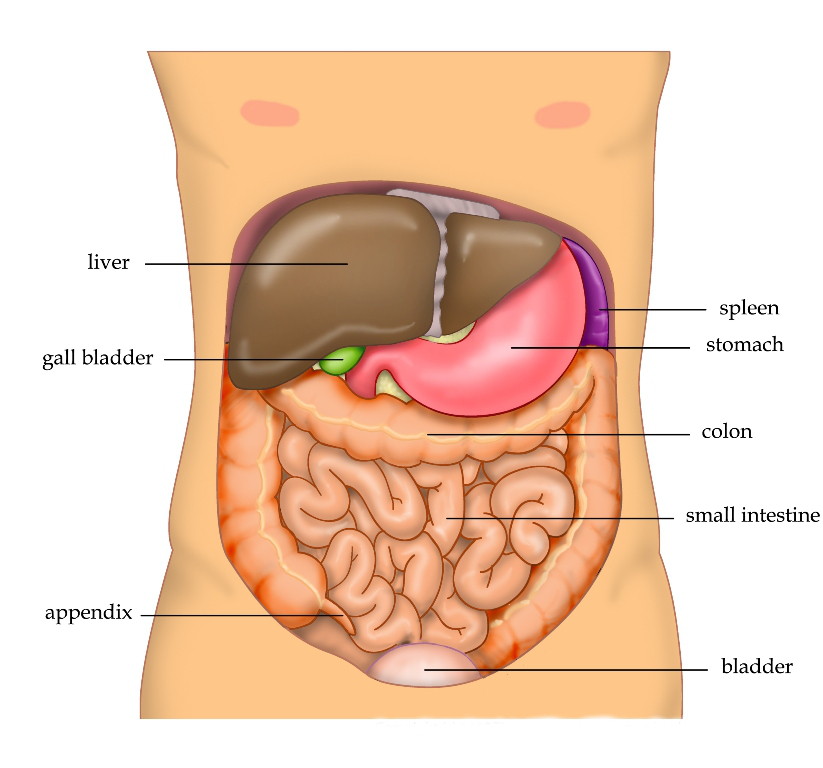
Hilary N. Karasz
Public Health Insider
Public Health – Seattle & King County
Hepatitis C is a liver disease caused by the hepatitis C (“hep C”) virus. Left untreated, hep C can severely damage the liver, causing illnesses like cirrhosis and liver cancer. The good news is that hep C can be completely cured. We sat down with Amber Casey, HCV (Hepatitis C Virus) Program Manager with Public Health, to learn more.
Amber, tell us a little bit about what hep C is, and why it’s a problem.
Hepatitis is inflammation or swelling of the liver, and the “C” refers to the specific virus that causes this inflammation. Other hepatitis viruses include hep A and hep B. Hepatitis C is a very dangerous infection. In fact, it is the leading cause of liver cancer. While there is no vaccine for hep C, there is now a cure. More about that in a moment!
How common is hep C?
Since 1989, 23,997 people have been diagnosed with hep C in King County. In 2022, there were 887 people newly diagnosed – an average of 2 new diagnoses per day.
How does hep C spread?
Hep C spreads when the blood from a person infected with hep C gets into the body of a person who is not infected. More specifically, hep C spreads through blood contact, such as sharing needles and other drug use supplies such as cottons and cookers, receiving tattoos from equipment that has not been properly cleaned, sharing personal items like razors that have infected blood on them, from a birth parent to their baby during childbirth, and, though rare, through sexual contact.
How does it feel if you’re infected with hep C?
Often people with hep C don’t feel sick. That’s why getting tested for hep C is so important. In fact, everyone should be screened at least once in their lifetime.
Some folks should test more frequently, including people:
- who use injection drugs
- who are undergoing maintenance hemodialysis
- who are pregnant, even if you tested the last time you were pregnant
Can you tell us more about the cure?
While having a vaccine to prevent hep C would be incredibly helpful, we are thrilled that there is now a cure for hep C. Most people with hep C will be able to take a daily medication for eight to twelve weeks and be cured of their hep C – with minimal side effects! It’s an amazing advance. And most people can be treated by their primary care providers.
If you don’t have a primary care provider, you can get hep C treatment at two Public Health clinics – the Robert Clewis Center and the Sexual Health Clinic. Both clinics are easily accessible by public transportation and offer walk-in appointments.
Is treatment expensive?
For Washingtonians with Medicaid, the cost of treatment is free. No prior approvals are needed and there are no co-pays. Treatment is also typically covered by private insurance. For people who don’t have insurance or who have large co-pays, there are also assistance programs that will help cover the cost of the medications.
What else is Public Health – Seattle & King County doing about hep C?
We estimate that at least 40% of people diagnosed with hep C in King County have been treated, including 1,134 people cured in 2022. We are working with partners across the county to reach the national viral hepatitis elimination goal of 58% of people with hep C being cured by 2025, and over 80% cured by 2030.
In addition, Washington state has a plan to significantly decrease hep C transmission and increase cure rates in the state with the ultimate goal of hep C elimination by 2030. As the most populated county in Washington, Public Health – Seattle & King County is a key partner in meeting these statewide goals.
Speaking of transmission, how can we prevent the spread of hep C in the first place?
We want to eliminate hep C transmission! To do this, reducing the number of people living with hep C is crucial. It starts with testing and treating people, especially those who are currently using drugs.
Since the discovery of hep C in 1989, other steps have been taken to prevent transmission, such as screening the blood supply, and instituting regulations to ensure the safety of equipment at kidney dialysis centers and tattoo shops.
Currently, most new hep C diagnoses are linked to drug use. One of the main ways a person can prevent the transmission of hep C is to never share drug equipment, including syringes and other supplies.
King County has several drug user health/syringe services programs. These programs provide access to safer use supplies, as well as connections to programs like medication assisted treatment. Medication assisted treatment can help people reduce or quit using drugs, and connect people with overdose prevention services and hep C treatment.
Where can a person go for testing and treatment?
Currently, there are many options for hep C testing in King County, including at your doctor’s office or community health center, public health clinics such as the Sexual Health Clinic and the Robert Clewis Center, and community organizations, such as the Hepatitis Education Project (HEP). All of these places also provide treatment or can link you to the services you need.
Amber, thank you so much for this incredible information. Is there anything you would like to say in conclusion?
Hepatitis C elimination is possible! More than 7,000 King County residents have successfully been treated and cured, but there are still people in King County who are infected and don’t know it or haven’t accessed treatment yet. So, in honor of World Hepatitis Day, if you or someone you know has or could have hep C, share this information with them. Testing is the first step. If a person is infected with hep C, a cure is available.
Originally published 8/7/24


